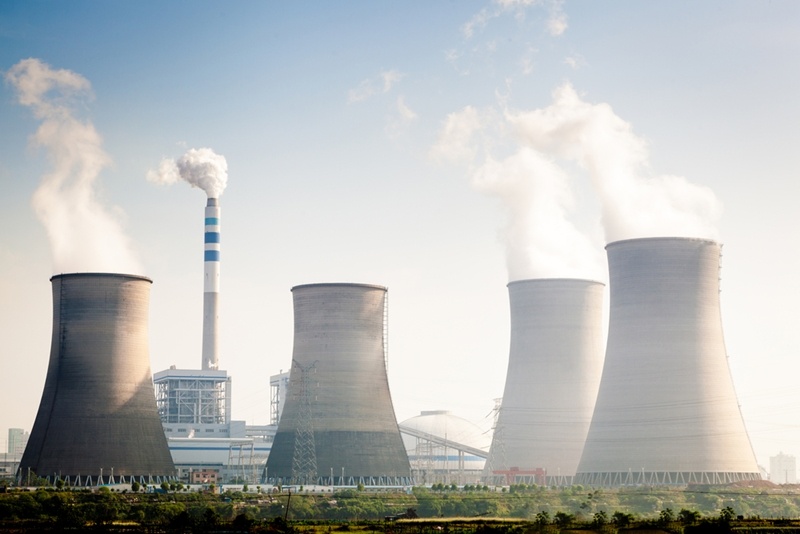Where does nuclear power fit into America's clean energy concerns?
As the U.S. electrical grid modernizes and begins incorporating alternative technology like distributed energy resources and efficiency innovations supporting secure and actionable data management, the future of nuclear power has been seen by many as unclear. According to the Nuclear Energy Institute, nuclear power accounted for 20 percent of electrical generation in the U.S.
Though the practicality of this type of electrical production can be proven by the support to the country's baseload, it carries a stigma that runs much deeper than the energy sector's current debate over carbon emissions. That said, while state lawmakers butt heads with energy regulators to both reduce greenhouse gas levels and simultaneously maintain reasonable operating capacity, nuclear energy could be the moderating force capable of balancing the needs of everyone involved.
"Nuclear capacity will increase in the coming years by roughly 3,000 net megawatts."
Nuclear plant expansion outpaces closings
Federal carbon regulation handed down by the Environmental Protection Agency will remove 72 gigawatts of electrical capacity from the grid, according to the Institute for Energy Research. Though coal-fired plants will accept the brunt of this wave of shutterings, several nuclear power plants have begun phasing out as well, with many more ostensibly on the chopping block. But a new Energy Information Administration study revealed that despite projected closures between now and 2019, nuclear capacity will actually increase in the coming years by roughly 3,000 net megawatts.
How could that be? On average, nuclear power plants generate around three times as much energy as the typical coal-fired plant - and around seven times what natural gas can. So while decommissioning a single plant might greatly alter a region's energy production portfolio, adding capabilities to nuclear power facilities like new reactors also has the potential to create greater capacity incrementally than retrofits or adjustments made elsewhere.
This, however, may not continue to be the case for much longer. As lawmakers attempt to comply with the final version of the federal government's Clean Power Plan, a recent decision may derail future nuclear expansion.

Clean Power Plan: Nuclear not green enough
Federal energy regulators may have officially set the precedent for where nuclear fits into the clean energy conversation: It doesn't.
In the original draft of the Obama administration's Clean Power Plan, five nuclear power plants under construction in Georgia, South Carolina and Tennessee would garner no carbon credits, according to Utility Dive. Under the final ruling, while those sites have all been grandfathered to contribute to those states' overall carbon reduction, no other nuclear facilities - regardless of how much carbon they avoid - will receive the same status.
This aspect alone could force state lawmakers and nuclear energy producers to rethink the coming years. Though nuclear offers benefits to ratepayers with its ability to provide high-capacity against rising demand and peak consumption costs, clean power dominates how the future of energy in America will shake out. Without federal support of nuclear power as a carbon-free alternative, capacity potential over the next five years may begin to trend back down. As single facilities shut down or stop expanding - once offering nearly a gigawatt of nuclear power or more each - this could open energy customers up to higher costs down the time. Without nuclear energy's capacity as a foundation, any hopes for modern grid capable of clean and reliable distribution might turn into a logistical nightmare overnight as clean distributed energy resources like renewables attempt scaling to challenge the share of the market coal and natural gas possess.
This content is property of ESCO Advisors and all reproductions must reference and link back to the ESCO Advisors website.
Share this
You May Also Like
These Related Stories

Gigantic bill package opens up conversation about the future of American energy


